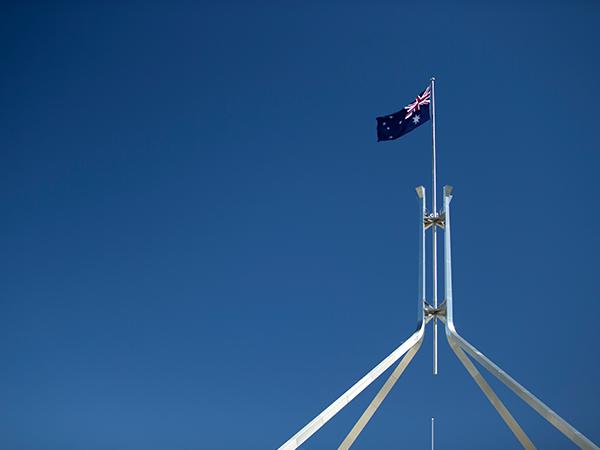Key Takeaways for SME’s from the Australian 2021 Federal Budget
Posted on 19/5/2021
Tax Advisory
Overview:
After a year of economic upheaval, the Government recently revealed its much-anticipated Federal Budget for 2021, headlined by a range of new spending measures, business incentives and an extension of tax cuts for low and middle income earners.
As Australia continues its economic recovery from COVID-19, fuelled by a range of Government stimulus measures, it was not surprising that this year’s Budget was light-on with respect to revenue initiatives.
It is also worth remembering that last year’s Budget was delayed until October 2020, meaning that just eight months separated the Government’s prior revenue commitments. As a result, the 2021 Budget focussed more heavily on spending and helping business get back on track.
As we discussed in the 2021 Federal Budget SMSF article, one of the Budget’s headline acts was a raft of changes to superannuation, while the Government also announced the extension of the following three key stimulus initiatives designed to fuel the nation’s economic recovery.
The Full Expensing of Depreciating Assets (FEDA) measure
This measure was commonly known as the “instant asset write-off” in prior iterations and allows businesses to immediately deduct the full cost of depreciating assets. The FEDA deadline to acquire, use and install depreciating assets has been extended from 30 June 2022 to 30 June 2023, providing an additional year of relief. For more information, you can take a look at the article we wrote on Top Tips for $150k Instant Asset Write-off and the fact sheet, which cover the eligibility criteria for attaining the FEDA.
The loss carry-back measure
First announced in last year’s Federal Budget, which we summarised here, the loss carry-back scheme for eligible businesses has now been extended into the 2023 income year. This means that businesses can now generate a refund on tax previously paid in the 2019-2022 income years against a taxable loss from the 2020, 2021, 2022 or 2023 income years.
The Low and Middle Income Tax Offset (LMITO)
First appearing in the 2019-20 financial year, the LMITO provides a maximum tax offset benefit of $1,080 for taxpayers with a taxable income between $48,000 and $90,000. The LMITO was scheduled to end on 30 June 2021 but has been extended for the 2021-22 income year. This marks the second extension of the scheme, after it was retained as part of the October Budget. More information about eligibility criteria for attaining the LMITO can be found here.
From 1 July 2023, the ATO intends to create a compliance regime for not-for-profits that claim income tax exemption but are not registered charities. The compliance regime will require not-for-profits with an active ABN to submit online annual self-review forms to support their self-assessed eligibility for income tax exemption.

